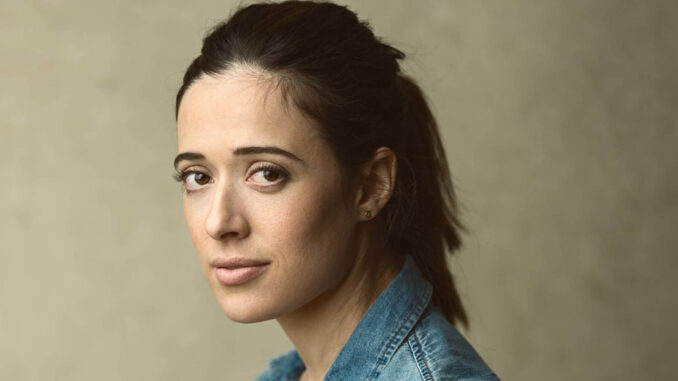
Beyond the Blue Line: Why Kim Burgess' Church Wedding Resonated with Chicago P.D. Fans
For ten seasons, "Chicago P.D." has offered a gritty, unflinching look into the lives of the officers of Intelligence Unit 21. We've witnessed brutal crimes, moral compromises, and the constant struggle to maintain humanity within a system that often demands the opposite. Against this backdrop of darkness, the character of Kim Burgess, initially a patrol officer and later a dedicated detective, has evolved into a beacon of hope, resilience, and unwavering faith. Therefore, when the possibility of a church wedding to her partner, Adam Ruzek, surfaced, it resonated deeply with fans, becoming more than just a personal milestone – it became a symbol of growth, redemption, and the enduring power of love in the face of adversity within the show's narrative.
Initially, Burgess was presented as the idealistic rookie, eager to make a difference and believing in the unwavering justice of the system. She was naive, perhaps, but her sincerity and compassion were undeniable. As the series progressed, however, she was forced to confront the harsh realities of her profession: the bureaucratic red tape, the moral ambiguities, and the constant threat of violence. She endured trauma, including a brutal kidnapping and assault, which significantly shaped her character, stripping away some of that initial idealism.
It was precisely this journey of hardship and growth that made the prospect of a church wedding so significant. A church wedding, steeped in tradition and symbolism, represents a commitment not only to a partner but also to a higher power. For Burgess, whose faith had always been a quiet, grounding force, embracing this tradition after all she had been through was a powerful statement. It signified her refusal to be defined by her trauma, her commitment to building a life filled with love and stability, and her unwavering belief in the possibility of a brighter future.
Furthermore, the dynamic between Burgess and Ruzek added layers of complexity to the significance of the wedding. Their relationship has been a rollercoaster of ups and downs, marked by missed opportunities, conflicting priorities, and the constant pressure of their demanding jobs. They've been partners, lovers, and now, co-parents to Makayla, a young girl they adopted after a harrowing experience. Their unconventional journey towards parenthood highlighted their shared commitment to creating a loving and supportive family, even outside the traditional constraints.
A church wedding, in this context, became a symbol of their willingness to fully commit to each other and to the family they had created. It was a tangible representation of their desire to move beyond the complexities of their past and build a solid foundation for their future. For fans who had invested in their relationship since its inception, witnessing them stand before an altar, pledging their vows, would have been a deeply emotional and satisfying moment.
Moreover, the choice of a church wedding held significance within the context of "Chicago P.D." itself. The show often grapples with themes of morality, justice, and the search for meaning in a world riddled with violence. While the officers of Intelligence often operate in the grey areas of the law, blurring the lines between right and wrong, Burgess consistently strives to maintain her moral compass. Her faith, even in moments of doubt, serves as a reminder of the importance of compassion and empathy.
A church wedding, therefore, would have served as a powerful affirmation of the values that Burgess represents within the show. It would have been a symbol of her unwavering commitment to fighting for good, even in the face of overwhelming darkness. It would have also offered a glimmer of hope within the often cynical world of "Chicago P.D.," reminding viewers that love, faith, and redemption are still possible, even in the darkest corners of the city.
In conclusion, Kim Burgess potentially having a church wedding in "Chicago P.D." transcends a simple plot point. It is a powerful symbol of her personal growth, her unwavering faith, and her commitment to building a loving family with Adam Ruzek. It reflects the show's exploration of morality and justice, offering a glimmer of hope and redemption amidst the gritty realities of police work. For fans who have followed Burgess's journey from idealistic rookie to seasoned detective, witnessing her embrace this tradition would be a deeply meaningful and emotionally resonant moment, solidifying her status as a true beacon of light within the often-dark world of "Chicago P.D."
